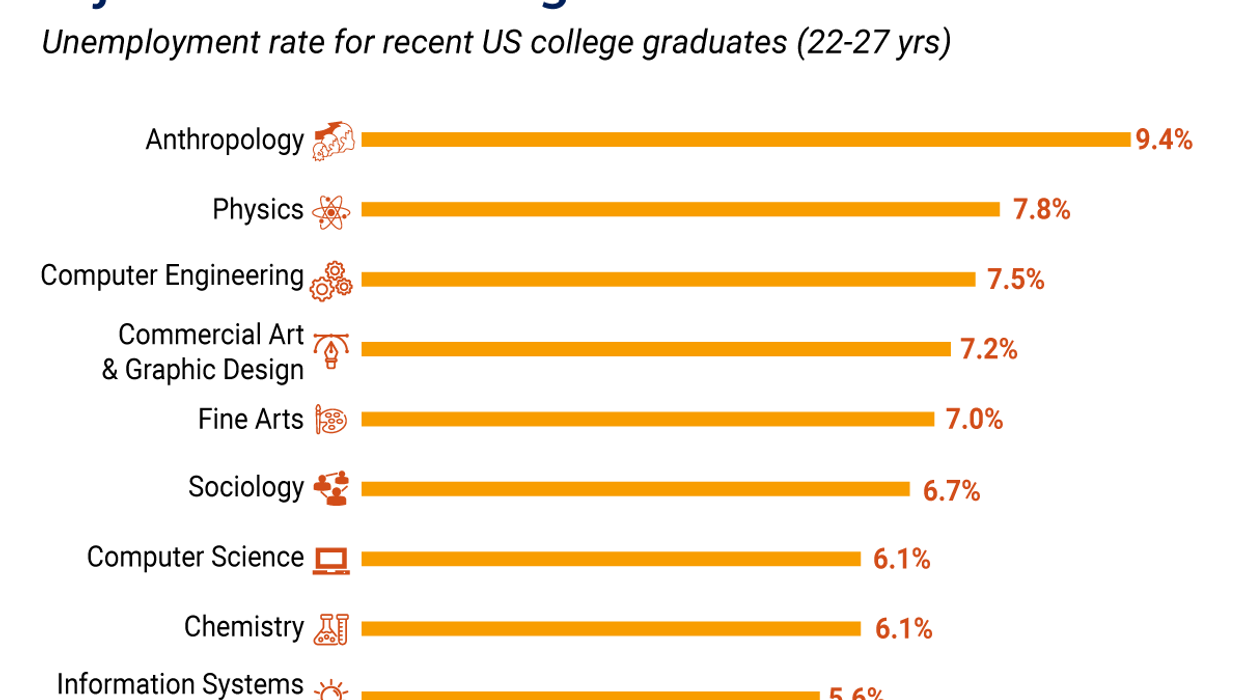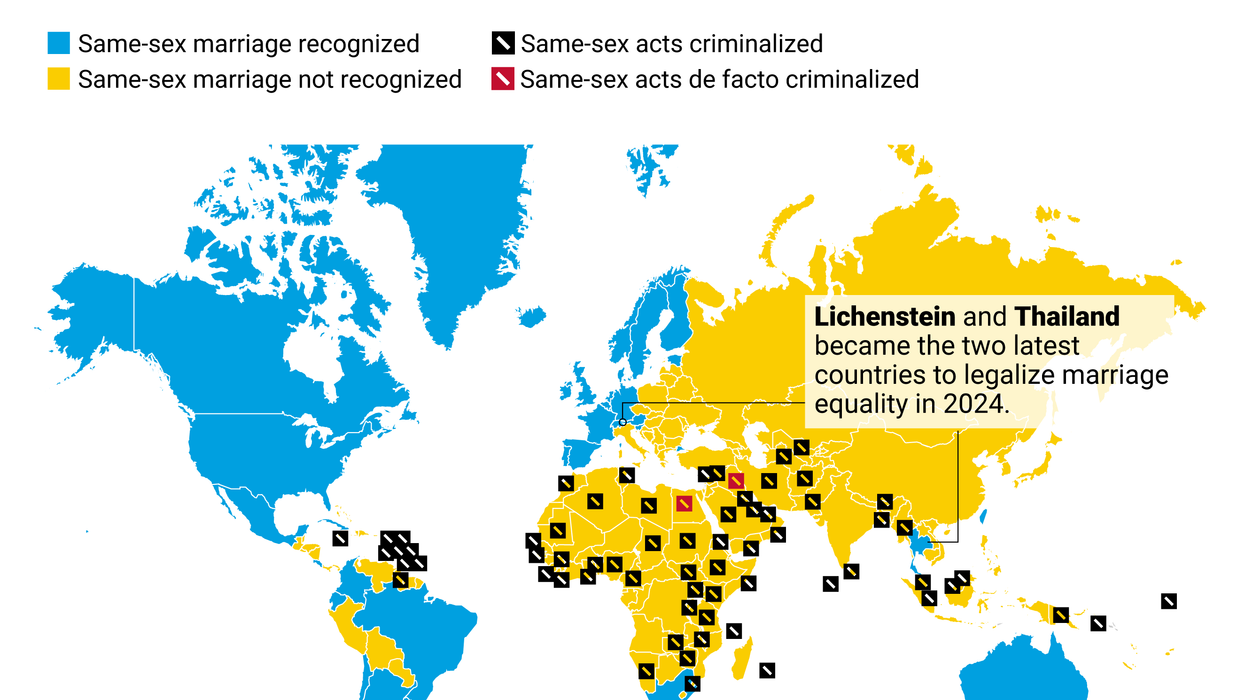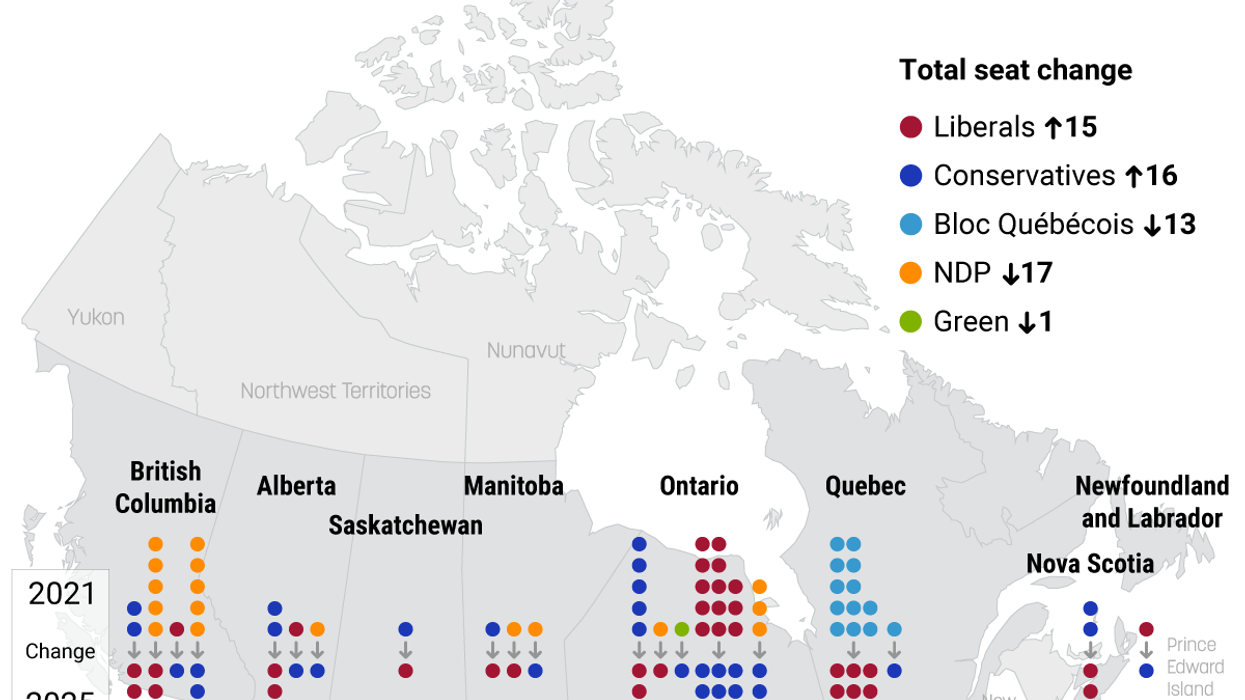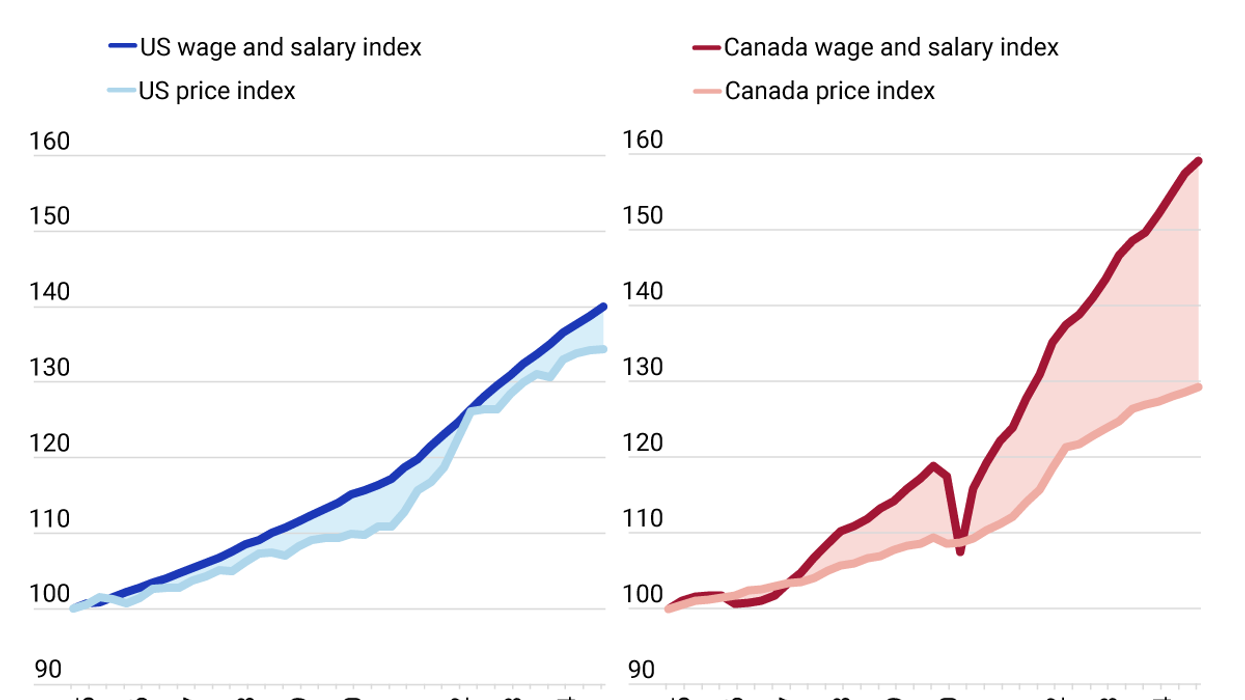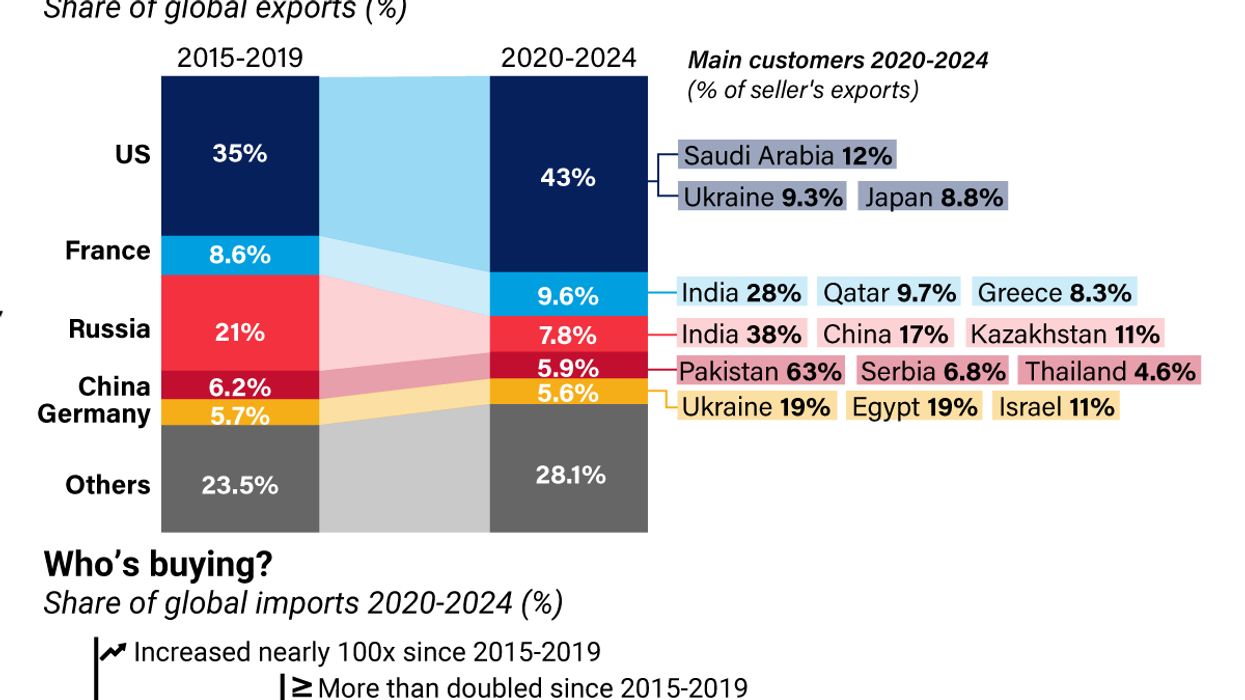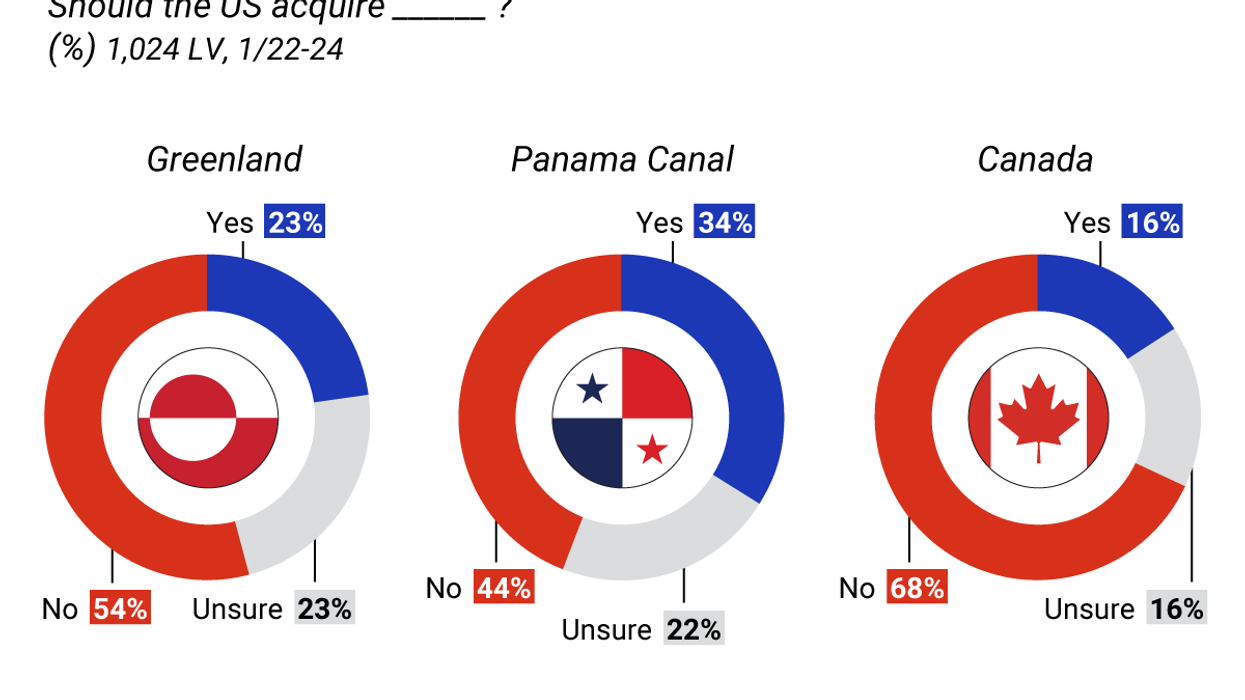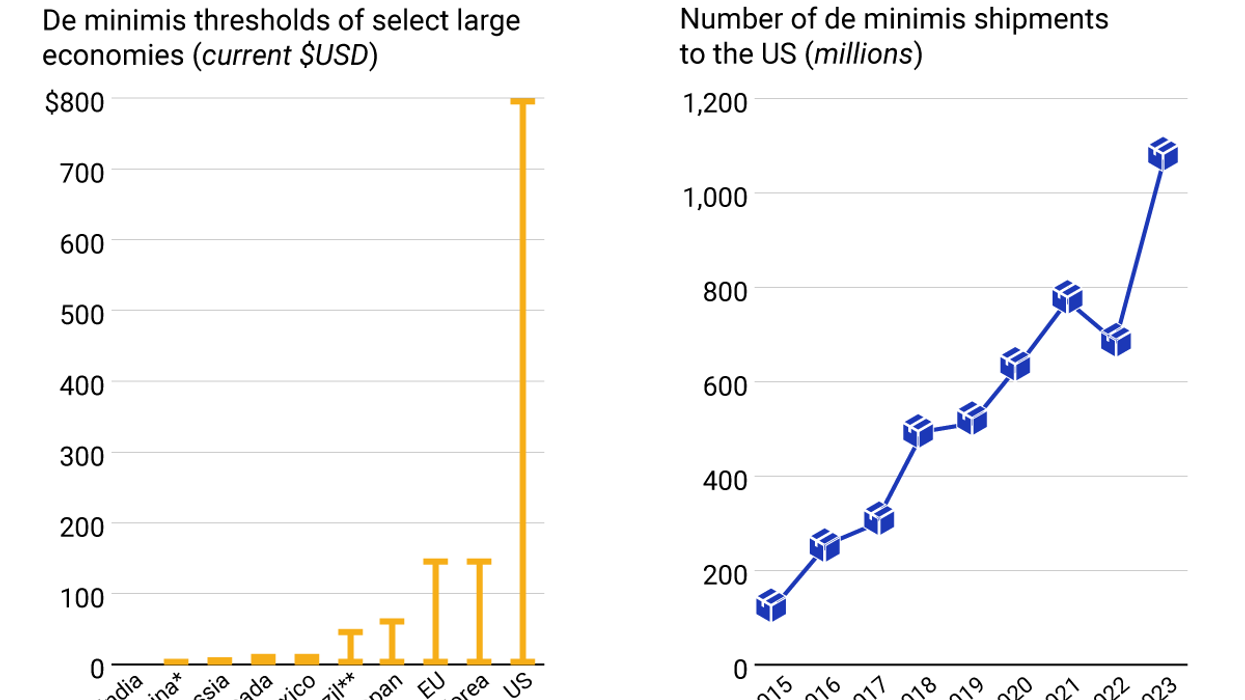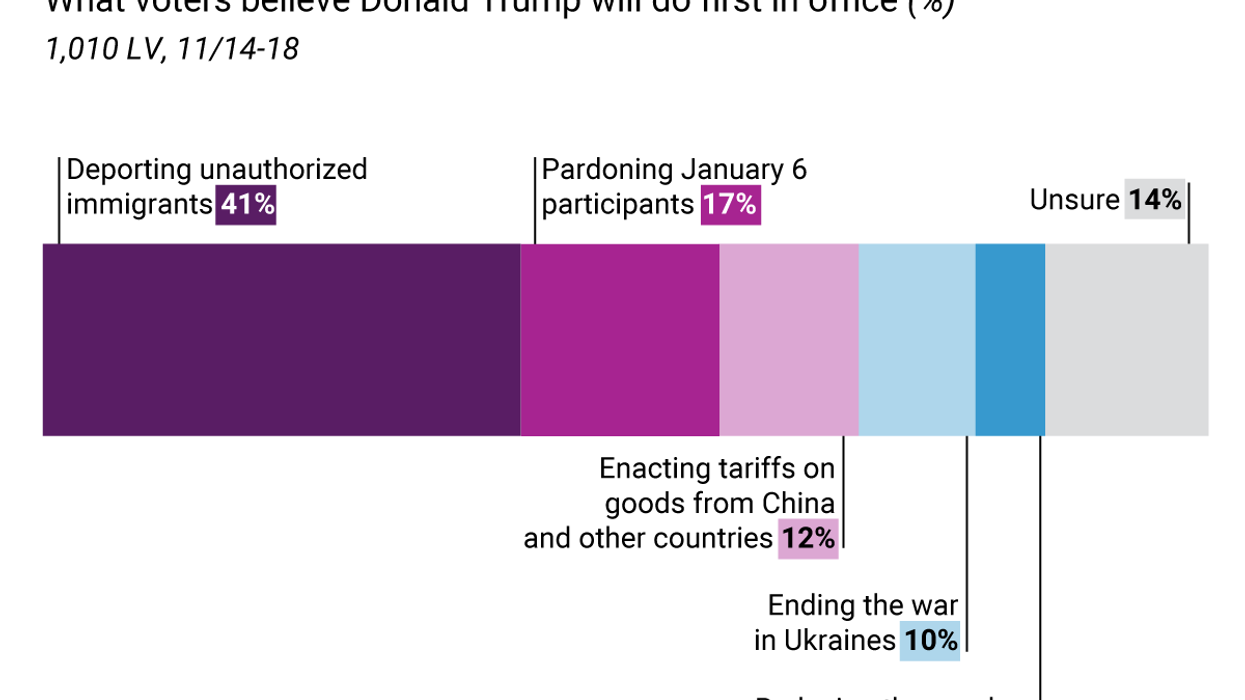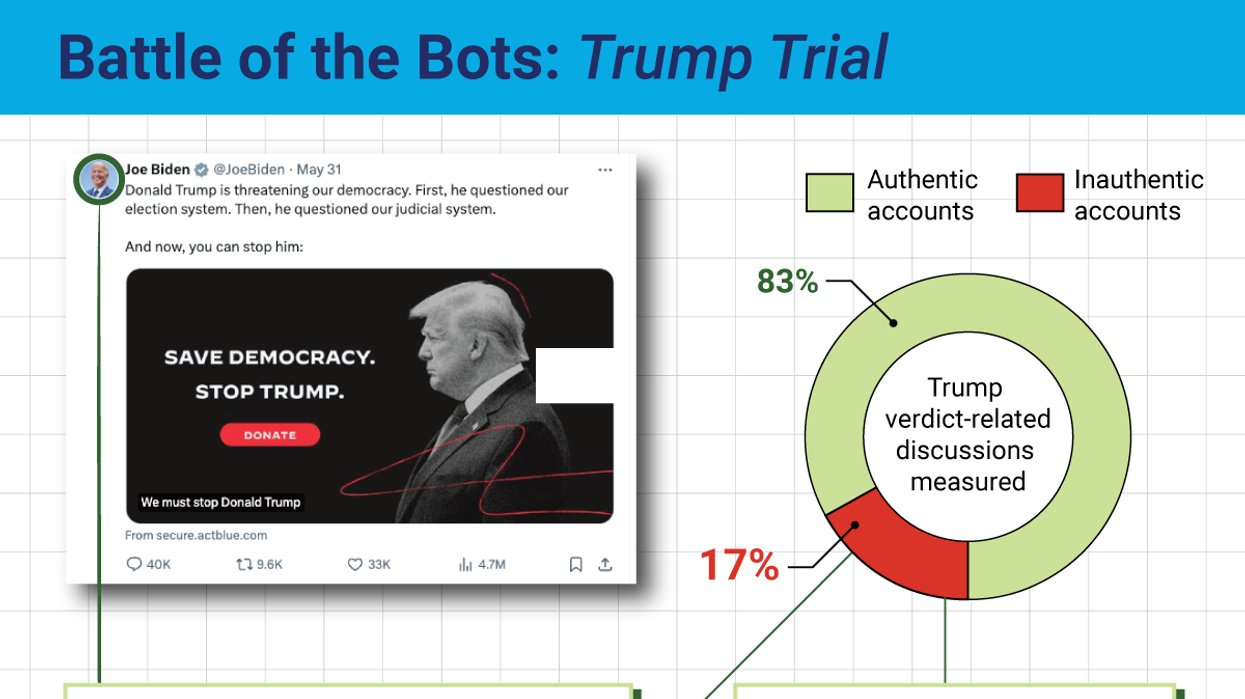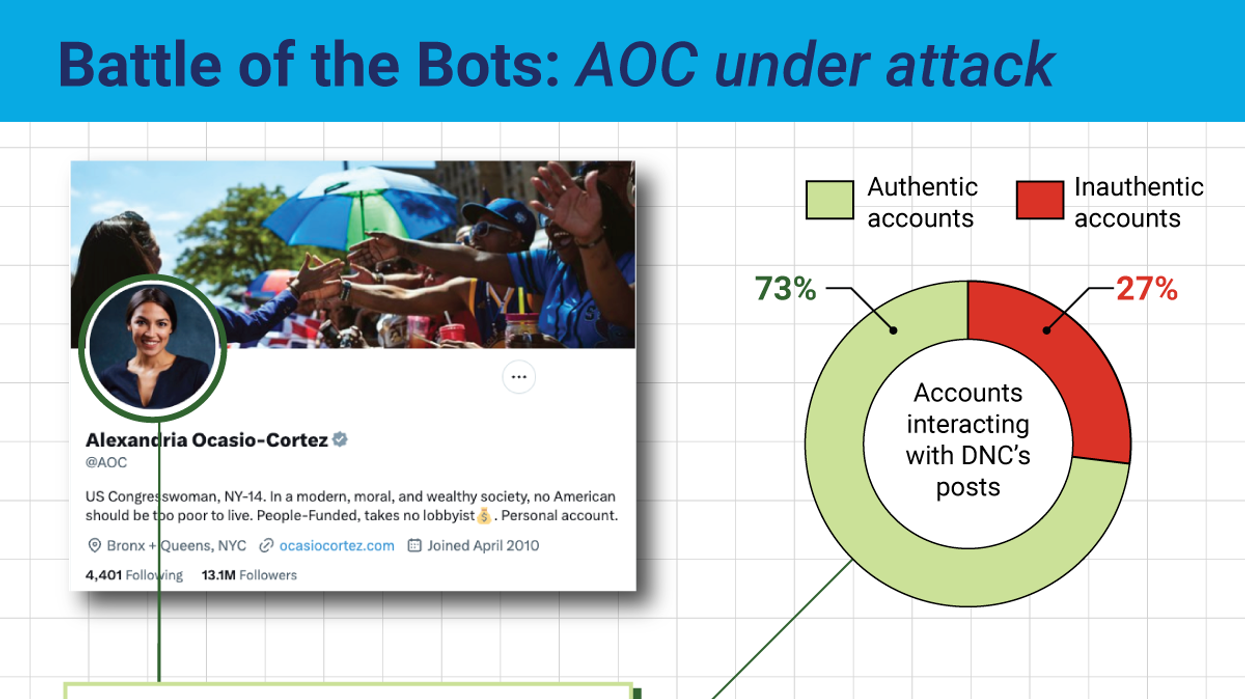VIDEOSGZERO World with Ian BremmerQuick TakePUPPET REGIMEIan ExplainsGZERO ReportsAsk IanGlobal Stage
Site Navigation
Search
Human content,
AI powered search.
Latest Stories
Sign up for GZERO Daily.
Get our latest updates and insights delivered to your inbox.
Global Stage: Live from Davos
WATCH
Ari Winkleman
Senior Designer
Ari Winkleman is the lead designer at Eurasia Group and GZERO Media.
Fields of expertise
Information Design, Branding

